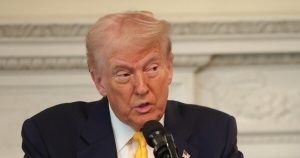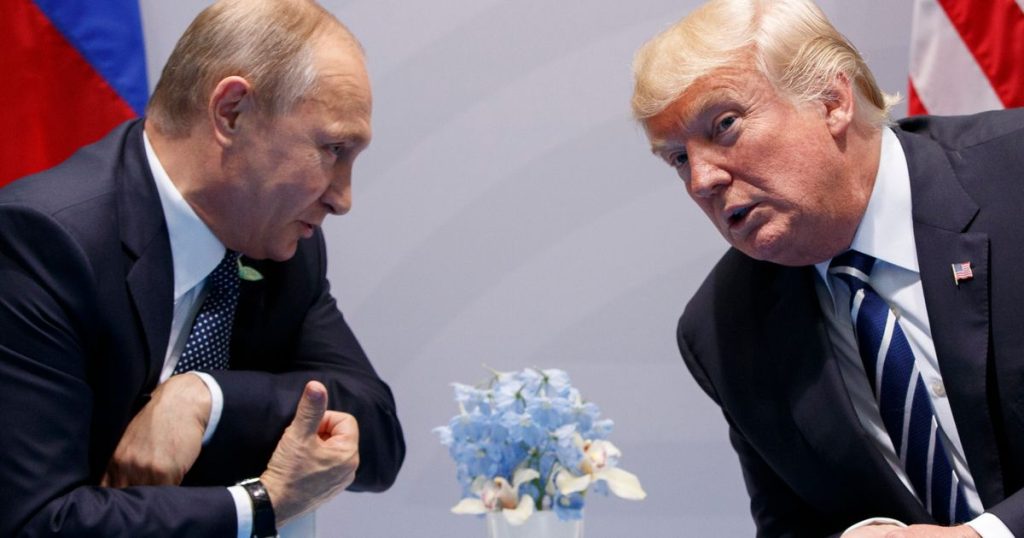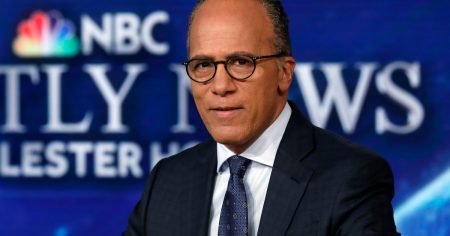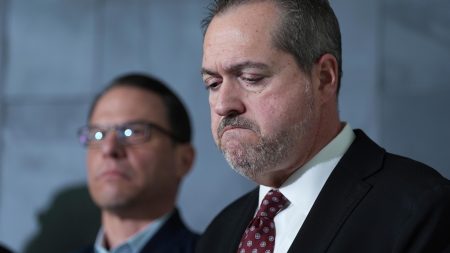Trump’s Shift in Policy on the Ukraine War
As the third anniversary of Russia’s invasion of Ukraine approaches, President Donald Trump has sparked significant concern by adopting a stance that undermines Ukraine and signals a drastic shift in U.S. foreign policy. Trump, who campaigned on a promise to end the war swiftly, has raised alarms in both Kyiv and European capitals after revealing a call with Russian President Vladimir Putin. This move effectively ends Russia’s diplomatic isolation in the West, a decision that has drawn criticism. Trump has echoed Kremlin talking points, marginalizing Kyiv, a key U.S. ally, and excluding Ukraine and its European partners from U.S.-Russia negotiations. His comments, such as labeling Ukrainian President Volodymyr Zelenskyy a "dictator without elections" and blaming Ukraine for provoking the war, have deepened concerns about U.S. commitment to its allies.
Europe’s Growing Concerns About U.S. Support
Europe is increasingly wary of whether the U.S. remains a reliable partner under Trump’s leadership. In Germany, Friedrich Merz, leader of the Christian Democratic Union and likely future chancellor, criticized Trump ally Elon Musk’s alleged interference in German elections. Merz likened U.S. meddling to that of Moscow, emphasizing the pressure Europe faces from both sides. He underscored the need for European unity as Trump’s indifference to the continent’s fate becomes apparent. Merz’s sentiments resonate with European leaders like Emmanuel Macron and Keir Starmer, who are set to meet Trump, hoping to convince him to maintain support for Ukraine.
Ukraine’s Struggles with Trump’s Rhetoric
Ukraine is grappling with the implications of Trump’s pro-Putin rhetoric, a stark contrast to the support offered by the Biden administration. While Trump claims he wants to end the war, his statements suggest he may push Ukraine into an unfavorable peace deal. He criticized Ukraine’s exclusion from U.S.-Russia talks and blamed the country for the war’s outbreak, ignoring Russia’s aggression. Trump’s silence on Putin’s authoritarian rule and his attack on Zelenskyy, despite Ukraine’s suspended elections due to war, have intensified concerns about U.S. reliability.
The Strategic Flaws in Trump’s Approach
Trump’s strategy of alienating traditional allies while courting Russia may have long-term repercussions. Marc Polymeropoulos, a former CIA officer, warns that this approach could erode trust in the U.S. as a reliable ally, questioning if Trump’s legacy will be one of betrayal. Richard Haass of the Council on Foreign Relations suggests that such unpredictability might lead allies to seek nuclear weapons or disregard U.S. guidance, moving towards a less U.S.-centric world. Experts doubt Trump’s belief that Putin can be manipulated against China, viewing it as naive.
Expert Insights on the Global Implications
Experts like Sergey Radchenko caution against the naivety of thinking Putin would abandon his alliance with China, crucial for sustaining his war effort. Trump’s indifference to these risks, prioritizing a quick agreement over longstanding U.S. ideals, raises concerns about global stability. His actions may undermine U.S. influence and the principles it has promoted, such as democracy and sovereignty, jeopardizing the international order.
The Future of U.S.-Europe Relations
The implications of Trump’s policies pose significant challenges for U.S.-Europe relations. Europe must navigate a new reality where U.S. support is uncertain, prompting a stronger unity among EU members. Ukraine faces a precarious future, balancing survival with diplomatic pressures. The global community watches closely as Trump’s decisions may reshape international alliances, testing the resilience of Western unity and the U.S.’s role as a global leader.















